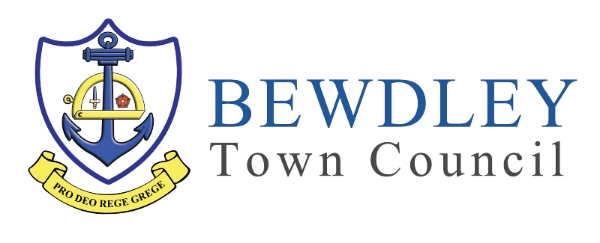Weekly Fraud Update From West Mercia Police – Economic Crime Unit – 16/01/24 [#206436219]
HOLIDAY SCAMS
This is that time of year when the media is full of tempting offers of holidays at home and abroad. These may also be landing in your email Inbox as well.
But just remember this is also a marketplace exploited by the fraudsters and scammers as well.
These offers are many and various, and range from fake caravan or motorhome listings to those “too good to be true” offers for holidays, villa rentals and holiday lets, criminals use a variety of methods to trick the public into handing over their money and personal information.
ALWAYS REMEMBER
- Be suspicious of any “too good to be true” offers or prices – if it’s at a rock bottom price ask yourself why
- Do your research before making any purchases by reading reviews of the site or person you’re purchasing from. Before booking accommodation ask what checks the agent makes on both the landlord and advertised property.
- Verify that the address exists through web searches and online maps.
- Where possible, book directly with an established hotel or through a reputable travel company/agent that is a member of a trade body such as ABTA or ATOL.
- If you do decide to book independently, establish if you’re dealing with the property owner or a letting agent or via the local tourist information desk.
- Ensure you read the terms and conditions before making any bookings to confirm exactly what you’re being sold. Double-check both your travel and accommodation information, particularly if there is a long gap between making the booking and arrival.
- Always use the secure payment options recommended by reputable online travel providers
- Where possible, use a credit card when making purchases over £100 and up to £30,000 as you receive protection under Section 75
- Always access the website you’re purchasing from by typing it into your web browser, and be wary of clicking on links in unsolicited emails. The website should use the padlock symbol to indicate that the site is secure.
- Don’t click on links or attachments in social media posts or emails
- Question uninvited approaches and contact organisations directly to confirm requests using a known email or phone number
- Only give out your personal or financial information to services you have consented to and are expecting to be contacted by
Please feel free to share these messages with any vulnerable friends, relatives or neighbours
Take Five to Stop Fraud
STOP: Taking a moment to stop and think before parting with your money or information could keep you safe.
CHALLENGE: Could it be fake? It’s OK to reject, refuse or ignore any requests. Only criminals will try to rush or panic you.
PROTECT: Contact your bank immediately if you think you’ve fallen for a scam and report it to Action Fraud
ALWAYS REMEMBER:
Avoid disclosing security details
- Emails, Phone Calls and Texts may not be authentic
- Always make direct contact with any organisation by using a genuine phone number
- Stop and Challenge any unexpected requests
- Protect others by reporting Fraud and Scams
If you’ve fallen for a scam, report it to Action Fraud on 0300 123 2040 or via actionfraud.police.uk
Scam Text messages can be forwarded to 7726 to help phone providers take early action and block numbers that generate spam on their networks.
Forward Fake Emails received to report@phishing.gov.uk
If you think your bank account or personal banking details have been used fraudulently, then use the short phone number – 159 – to contact the Fraud Prevention Department of most major UK banks







